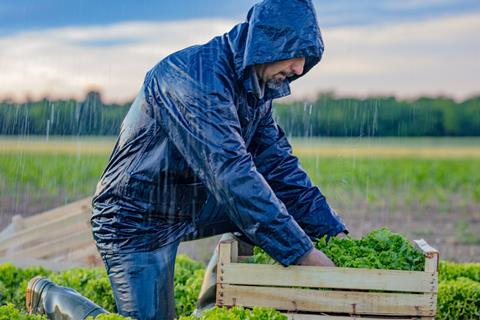
Unless you are a farmer, it’s sometimes easy to forget the impact climate change is having on our agriculture and the huge stress it puts on farmers.
What we are able to grow and where is altering hugely as rising temperatures, shifting rainfall patterns, unpredictable storms and longer spells of dry and wet patches become the norm.
Over the past 12 months on our beloved British soils, often known for our predictably dreary weather, we have had record highs of 40°C, resulting in English vineyards flourishing and some farmers even turning their hand to growing nuts. Yet, for British conventional crops, the heat of the summer was tough.
Then, summer was followed by an exceptionally wet autumn and winter. Our little island was hit with 11 named storms and farmers were left to battle through the heavy rainfall, protecting their crop and livestock as best they could. According to the Met Office, 1,695.9mm of rain fell from October 2022 to March 2024, the highest amount record for any 18-month period in England. The relentless downpours and waterlogged fields have disrupted planting schedules, delayed harvesting, hindered fieldwork and kept livestock in sheds, making it difficult for farmers to cultivate and manage their crops effectively or financially survive.
Experts predict crops to be down by nearly a fifth this year and one of the most affected crops during this wet period has been wheat – a staple crop in UK agriculture. The prolonged wet weather has made it challenging for farmers to plant and harvest, leading to reduced yields and lower-quality grain. As a result, the UK is facing a wheat shortage, affecting the availability and pricing of wheat-based products such as bread, cereals and baked goods.
To date, many farmers have shunned ‘green schemes’ for fear of taking British farm land out of use and triggering severe contractions of domestic agricultural output. However, with another unprecedented year of unpredictable weather patterns and market hardship, are farmers now driven towards schemes that pay them for something other than growing food?
It’s time to think of how businesses and the government can better support farmers to continue growing good food with practices that give us and our planet the nutrients we need.









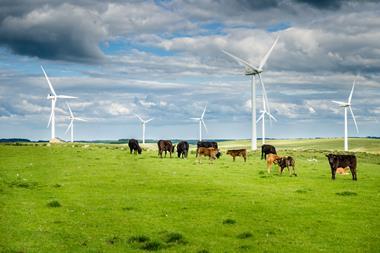
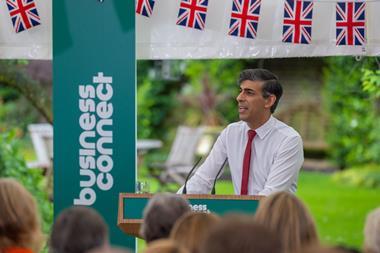
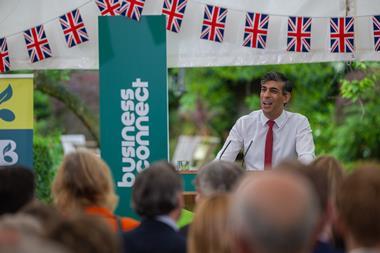
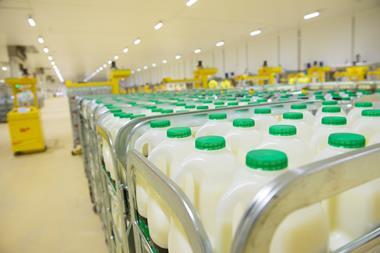






No comments yet